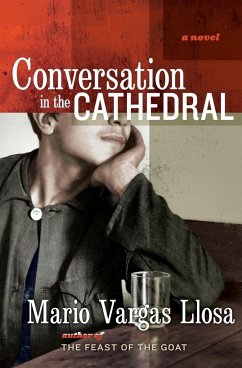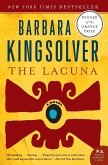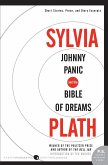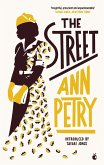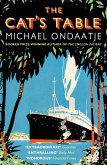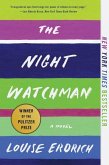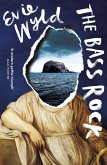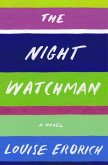"Mario Vargas Llosa is one of the master storytellers of our time." -- Chicago Tribune From the winner of the Nobel Prize in Literature comes a haunting novel about power, corruption, and the complex search for identity. Conversation in The Cathedral takes place in 1950s Peru during the dictatorship of Manuel A. Odría. Over beers and a sea of freely spoken words, the conversation flows between two individuals, Santiago and Ambrosia, who talk of their tormented lives and of the overall degradation and frustration that has slowly taken over their town. Through a complicated web of secrets and historical references, Mario Vargas Llosa analyzes the mental and moral mechanisms that govern power and the people behind it. More than a historic analysis, Conversation in The Cathedral is a groundbreaking novel that tackles identity as well as the role of a citizen and how a lack of personal freedom can forever scar a people and a nation.
Hinweis: Dieser Artikel kann nur an eine deutsche Lieferadresse ausgeliefert werden.
Hinweis: Dieser Artikel kann nur an eine deutsche Lieferadresse ausgeliefert werden.

